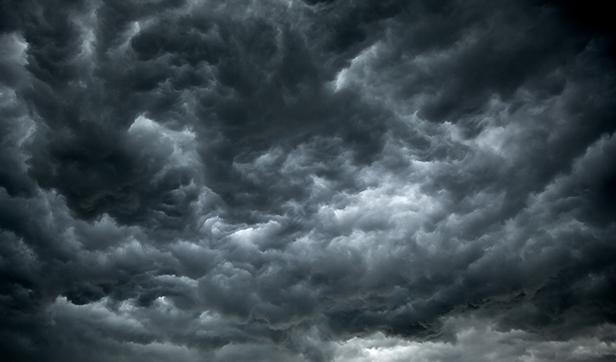
The phrase may sound familiar – but it’s not an insurance term in Canada
You’ve probably heard it before: “Insurance won’t cover that – it’s an act of God.” It’s a cynical phrase that tends to get tossed around after a catastrophic weather event. But here’s the truth: Canadian insurance policies do not use the term “act of God.” It’s not a clause. It’s not a loophole. It’s not even part of the insurance vocabulary.
So where does the phrase come from?
The concept dates back to Roman law, where the Latin term “vis major” described events so powerful and unforeseeable that no human could be held responsible. Over time, this idea evolved into a legal doctrine that could excuse someone from fulfilling a contract when a disaster makes it impossible. In legal contexts, especially contract law, “act of God” is still used.
For example, suppose a tornado tears down Main Street. A contractor who had been converting an old home into a dentist office may be released from their obligations under an act of God clause. The storm was beyond their control – it’s not the contractor’s fault the house was knocked down – so the law may give them a break on the deadline.
And what about the homeowner whose roof was torn off by the same tornado? Their insurance policy is designed to respond. Wind damage is a named peril in most home insurance policies (as are other so-called acts of God, such as wildfires and hailstorms). The claim is assessed, and if the policy is in good standing, the insurer pays to repair or replace the roof. No vague clauses. No evasive language. Just coverage, as written.
Used properly, “act of God” is a form of legal relief – an acknowledgment that unpredictable events may take place that sometimes make it impossible to follow through on a promise. Insurance is completely different: It’s intended for unpredictable events.
Insurance policies are written in precise language. They list what’s covered, what’s excluded, and under what conditions. If a peril is covered, it’s covered. If it’s excluded, it’s excluded. If you’re unsure what is covered, you can ask your insurer or broker to walk you through your policy.
So the next time someone says, “That’s an act of God, so insurance won’t pay,” you can set the record straight. Tell them that insurance isn’t divine – it’s designed. And it’s designed to be clear.

